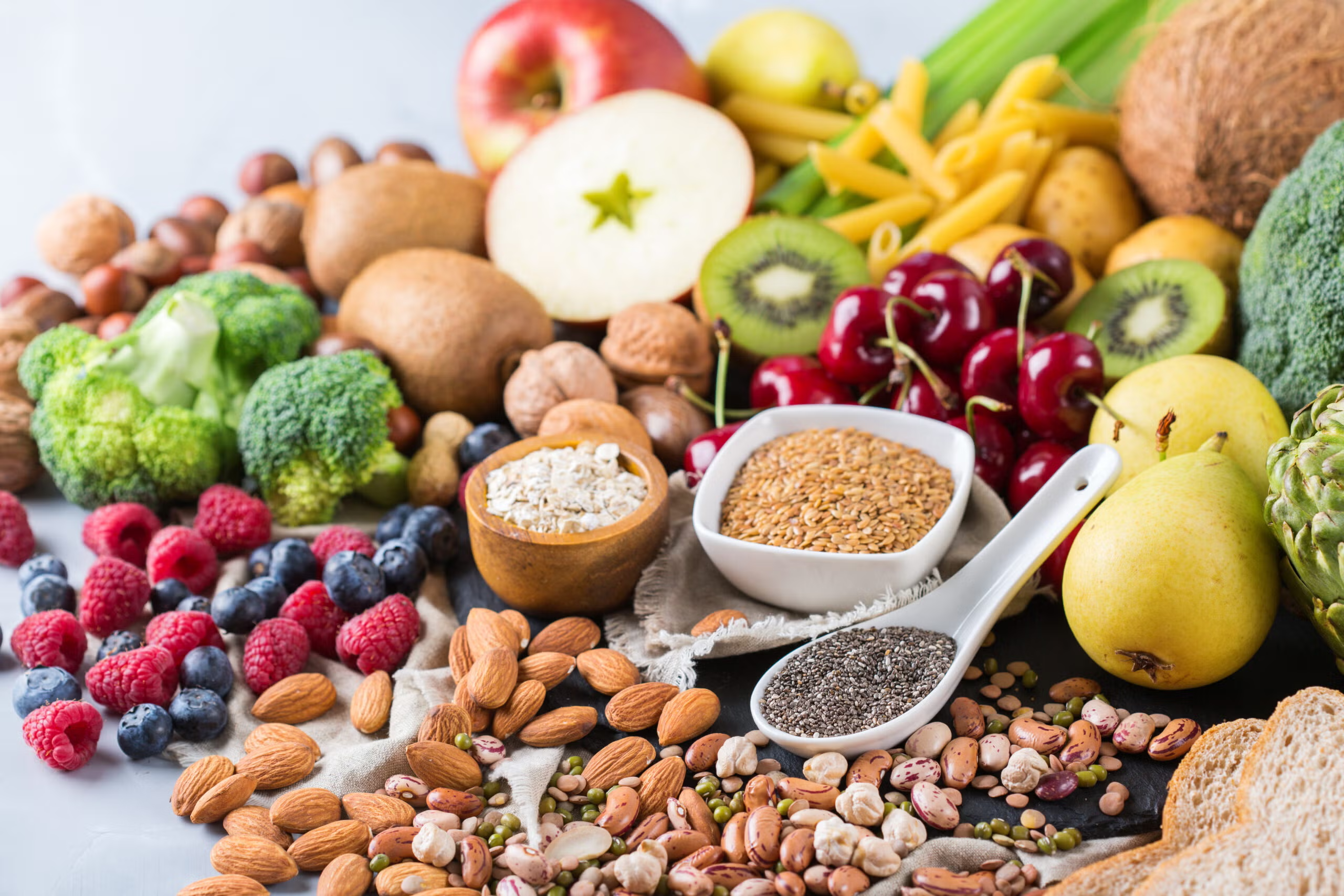ASTM E2220 Starch Measurement in Processed Foods
The measurement of starch content is critical for quality control and compliance in processed food manufacturing. ASTM E2220 provides a robust methodology specifically designed to determine the amount of amylose and amylopectin in raw or cooked cereal grains, tubers, seeds, and legumes. This service ensures that food manufacturers can accurately monitor their products' carbohydrate content, which is essential for maintaining product consistency, labeling accuracy, and regulatory compliance.
Starch plays a pivotal role in the functionality of processed foods, affecting texture, viscosity, and overall quality. By measuring starch using ASTM E2220, food processors can optimize production processes to achieve desired outcomes such as improved mouthfeel or better shelf stability. This service is particularly valuable for companies dealing with complex carbohydrate structures found in various processed food items.
The technique involves extracting starch from the sample through enzymatic hydrolysis and subsequent derivatization using a combination of reagents that specifically target amylose and amylopectin fractions. The resulting products are analyzed by high-performance liquid chromatography (HPLC) to quantify their respective amounts. This process allows for precise determination of both free sugars and total carbohydrates, providing comprehensive insights into the carbohydrate composition.
ASTM E2220 ensures that results are accurate, reproducible, and comparable across different laboratories, which is crucial for maintaining consistent product quality and facilitating effective communication between stakeholders. The standard also addresses potential pitfalls in starch measurement, such as interference from other components present in processed foods, ensuring reliable data generation.
| Standard Code | Title |
|---|---|
| ASTM E2220-19a | Standard Practice for Determining the Starch Content of Cereal Grains, Tubers, Seeds, and Legumes |
| ISO 5634:2018 | Determination of Starch in Cereals by Enzymic Hydrolysis and Chromatography |
The precision and accuracy provided by ASTM E2220 make it an indispensable tool for food manufacturers, quality assurance teams, and regulatory bodies. By leveraging this standard, businesses can ensure they meet stringent industry standards while also contributing positively to the environment through efficient resource use.
Applied Standards
| Standard Code | Title |
|---|---|
| ASTM E2220-19a | Standard Practice for Determining the Starch Content of Cereal Grains, Tubers, Seeds, and Legumes |
| ISO 5634:2018 | Determination of Starch in Cereals by Enzymic Hydrolysis and Chromatography |
Eurolab Advantages
Our comprehensive approach to ASTM E2220 starch measurement ensures that clients receive accurate, reliable results tailored to their specific needs. Our team of experienced scientists and engineers brings deep expertise in food science and analytical chemistry, allowing us to deliver robust solutions that meet the highest industry standards.
- Expertise in sample preparation and extraction techniques
- State-of-the-art HPLC instrumentation for precise quantification
- Comprehensive quality assurance protocols
- Detailed reporting with actionable insights
Environmental and Sustainability Contributions
By providing accurate starch measurements, we help our clients make informed decisions that contribute positively to environmental sustainability. Precise carbohydrate profiling aids in reducing waste by optimizing production processes based on actual ingredient composition.
- Minimizes resource use through efficient production methods
- Promotes sustainable sourcing practices
- Supports transparent and accurate labeling, enhancing consumer trust
- Facilitates compliance with international food safety regulations





